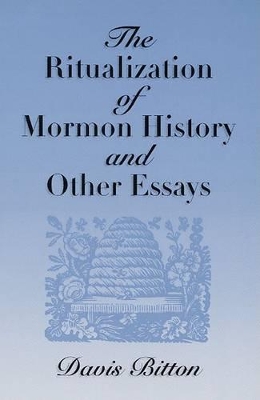How did the Latter-day Saints of the nineteenth century defend their unpopular plural marriage system? What kind of poetry was written on the Mormon frontier, and what social function did it perform? In a collection intended to convey the excitement and variety of Mormon history, the respected Mormon historian Davis Bitton considers these and other issues, showing how a religious group survives and maintains its sense of identity in the face of change and adaptation to new circumstances. Bitton not only presents the Mormon case for polygamy but places it in the context of nineteenth-century American political-social rhetoric. He narrates and analyzes the stormy case of B.H. Roberts, who was elected to the U.S. House of Representatives but was refused his seat because of polygamy. His exploration of the life of Brigham Young, Jr., relies on his subject's unpublished journals and finds this namesake of a famous father a fascinating example of the transition from the nineteenth to the twentieth century. In the title essay, Bitton shows how Mormons have simplified and memorialized their history in monuments, parades, pageants, and print. He also considers whether Mormons, in ritualizing their own history, are doing what all Americans do.
- ISBN10 0252020790
- ISBN13 9780252020797
- Publish Date 1 May 1994
- Publish Status Out of Print
- Out of Print 15 February 2010
- Publish Country US
- Imprint University of Illinois Press
- Format Hardcover
- Pages 208
- Language English
